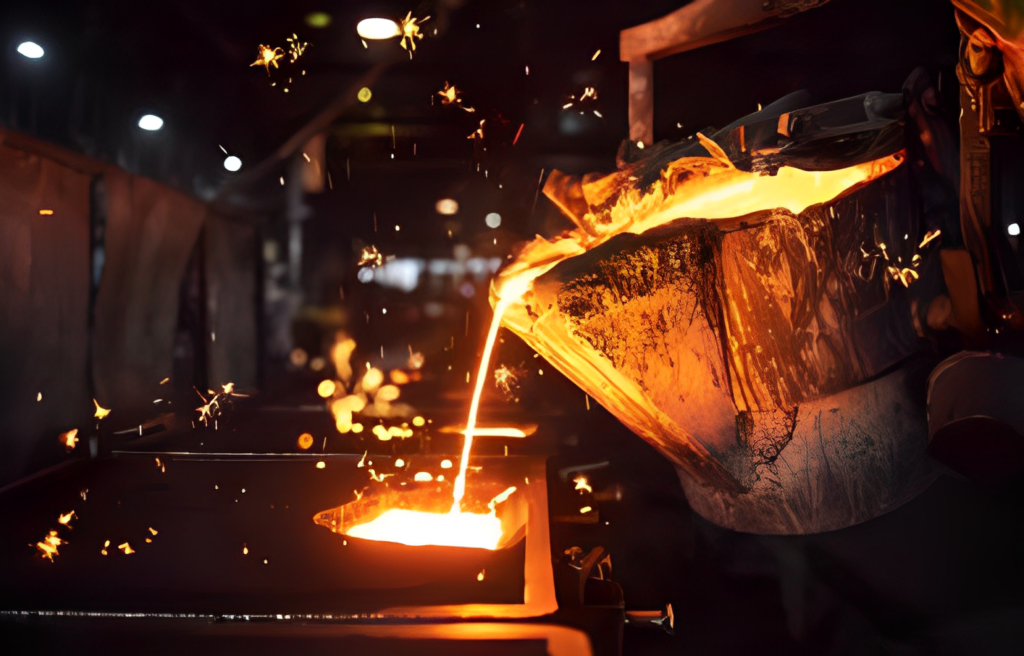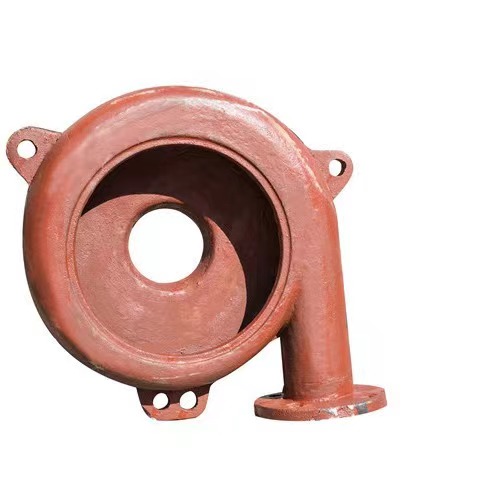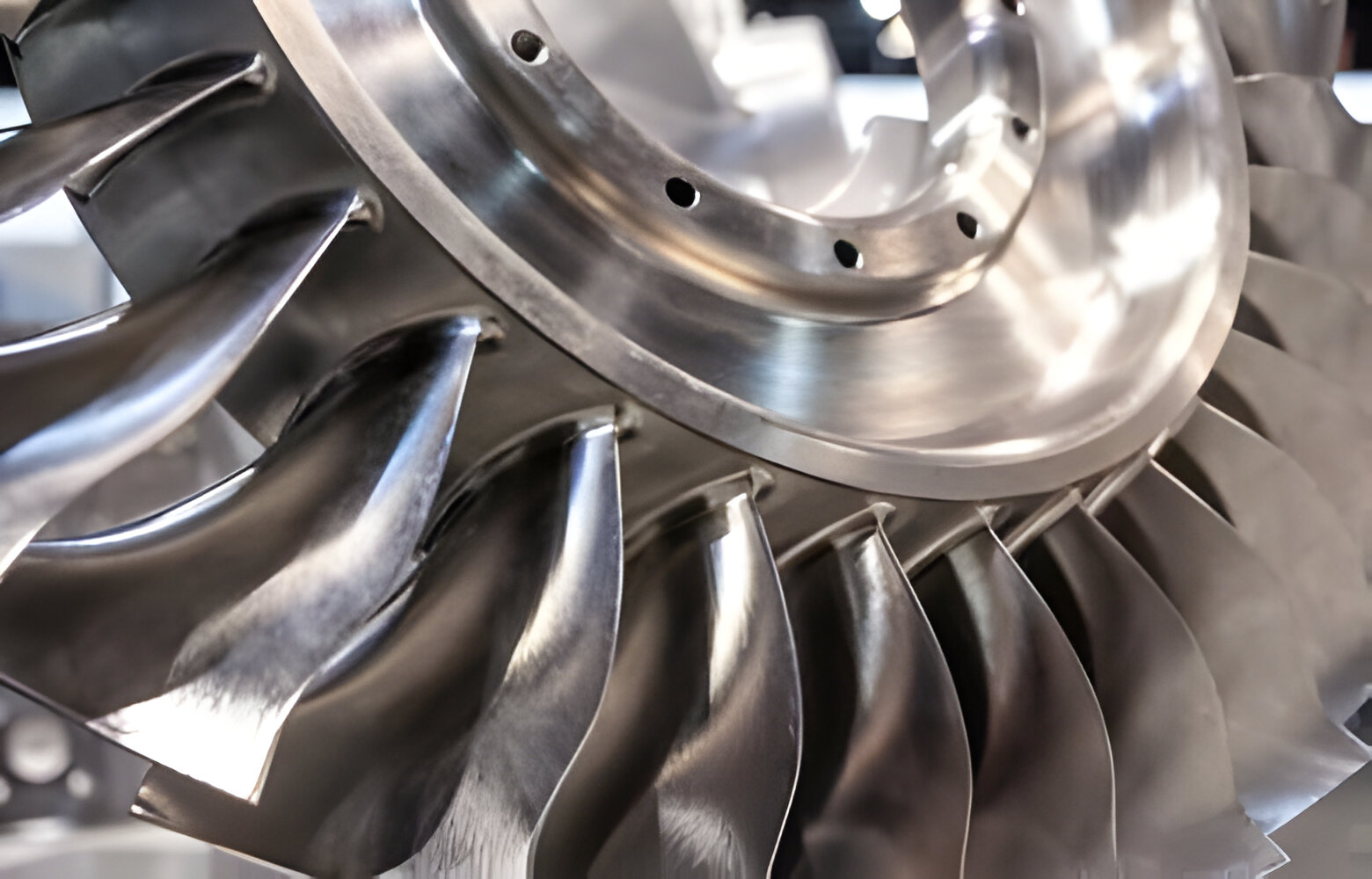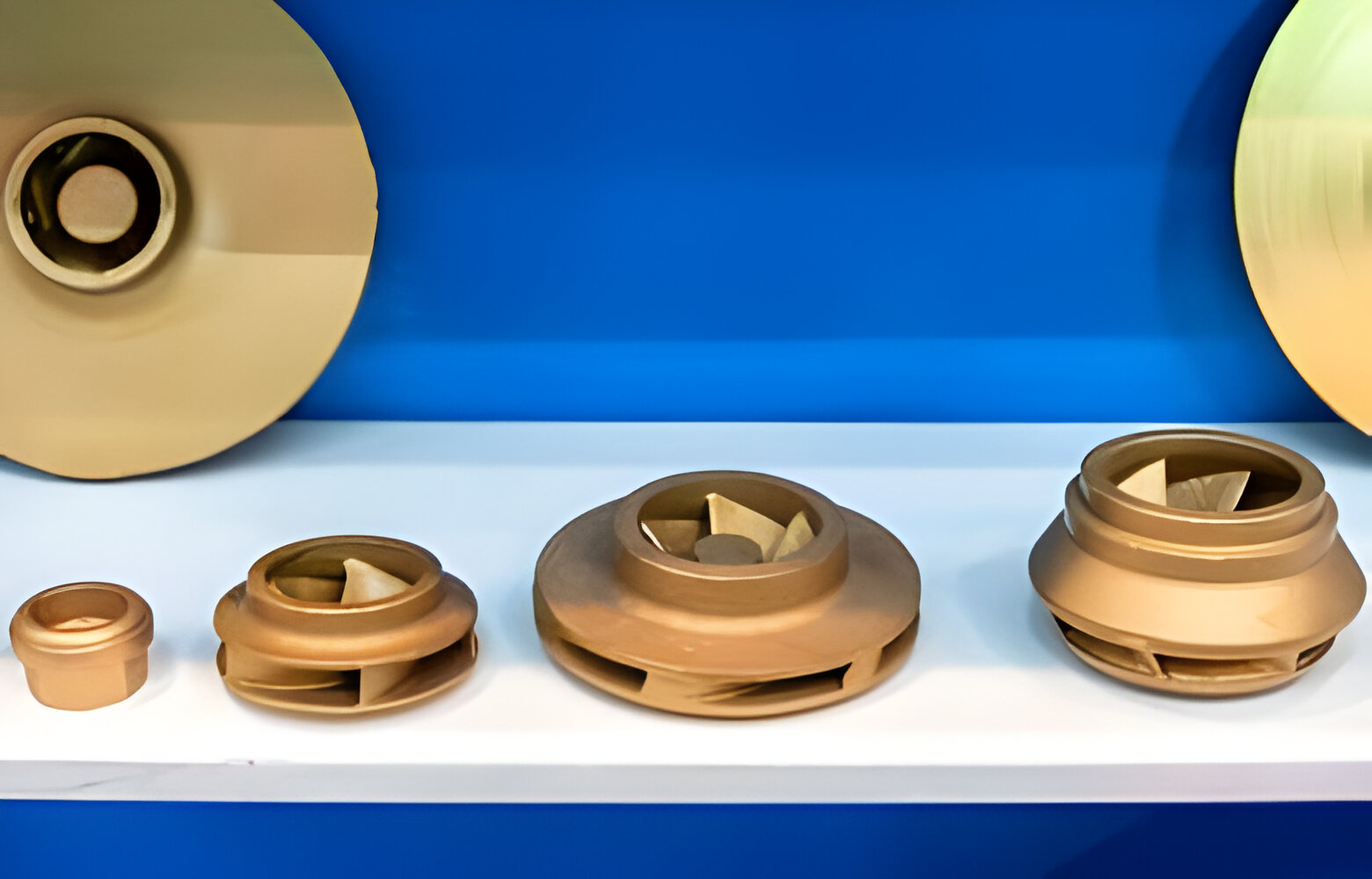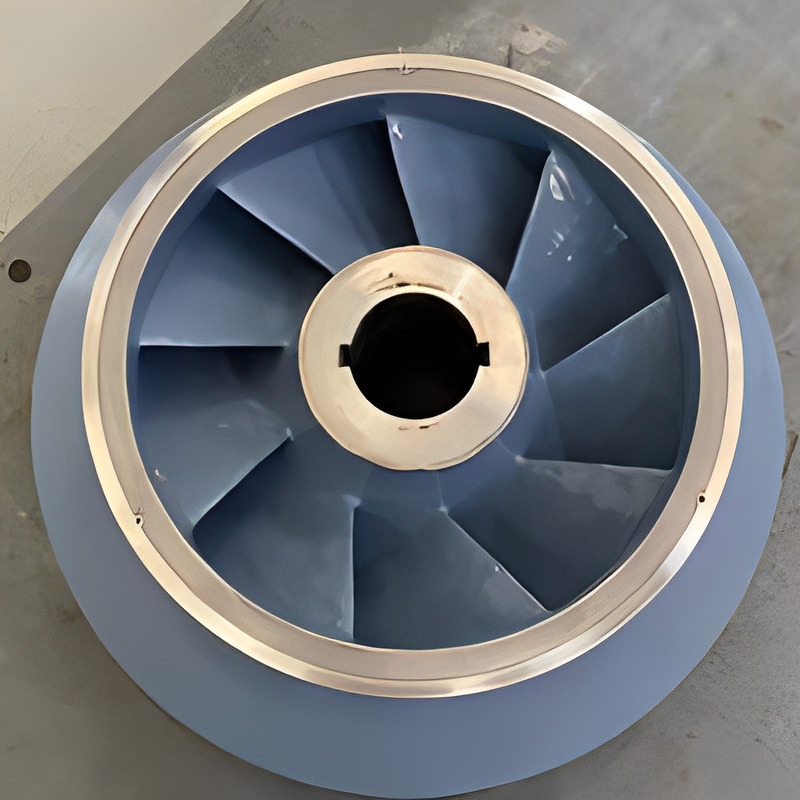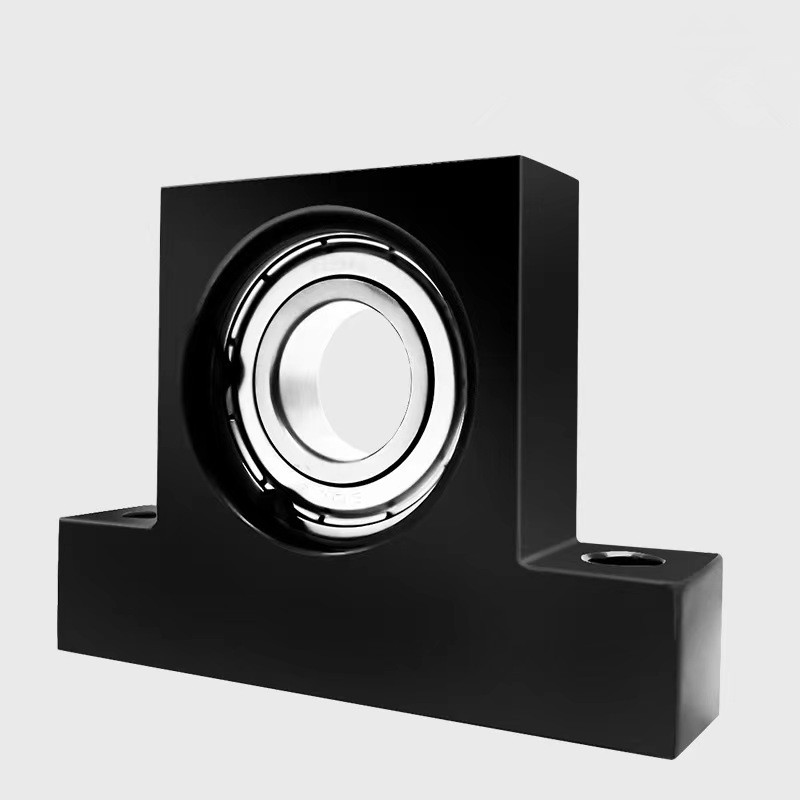In the realm of fluid dynamics and machinery, impellers play a crucial role, driving pumps to efficiently move liquids across various applications. Among the methods of crafting these essential components, iron casting stands out as a dependable technique, offering durability and precision. Let's delve into the intricate world of iron casting impeller factories, exploring their processes, products, and the craftsmanship that goes into each creation.
The Precision of Iron Casting Impeller Production
At the heart of any iron casting impeller factory lies a dedication to precision and quality. Whether it's crafting investment casting impellers for specialized applications like fuel pumps or centrifugal pump impellers for industrial setups, every step in the production process is meticulously planned and executed.
Iron casting, a centuries-old technique, involves pouring molten metal into a mold to create complex shapes with remarkable detail. In the context of impellers, this process allows for the creation of intricately designed components that can withstand the rigors of demanding environments.
The Artistry in Casting Techniques
One of the primary methods utilized in iron casting impeller production is sand casting. This technique involves creating a mold from compacted sand around a pattern of the desired impeller shape. Molten iron is then poured into the mold, filling the negative space left by the pattern. Once cooled and solidified, the mold is broken away, revealing the raw casting, which undergoes further machining and finishing processes to achieve the final product.
Stainless steel castings manufacturers often employ similar techniques, utilizing specialized alloys to achieve specific properties such as corrosion resistance and high strength. The result is a diverse range of impellers tailored to meet various industry requirements, from boat water pump impellers to pool pump impellers.
Crafting Durability: Cast Iron Impellers vs. Bronze Impellers
When it comes to selecting materials for impeller production, the choice between cast iron and bronze often arises. Each material offers distinct advantages depending on the application.
Cast iron impellers are renowned for their durability and resistance to wear and corrosion, making them ideal for demanding industrial environments. Their robust construction ensures longevity and reliability, particularly in applications such as centrifugal pump impellers where constant exposure to abrasive fluids is common.
On the other hand, bronze impellers excel in applications where corrosion resistance is paramount, such as marine environments or water treatment facilities. While they may not possess the same level of durability as cast iron impellers, their ability to withstand harsh conditions makes them a preferred choice for certain applications.
The Science Behind Impeller Functionality
To understand the importance of impellers, it's essential to grasp their fundamental role in pump systems. Impellers work by rotating within a casing, imparting energy to the fluid, and creating flow. This fluid movement is essential for various processes, including water circulation, chemical transfer, and wastewater management.
Different impeller types, such as pump diffusers and impeller wheels, are designed to suit specific applications and operating conditions. For instance, pump impellers with curved blades are well-suited for handling liquids with solids, while those with straight blades are more efficient for pumping clear fluids.
Quality Assurance and Innovation
In the realm of impeller casting, quality assurance is paramount. From the initial design phase to the final inspection, stringent measures are in place to ensure that each impeller meets the highest standards of performance and reliability.
Impeller casting manufacturers leverage advanced technologies and processes to continually innovate and improve their products. From computer-aided design (CAD) software to precision machining techniques, every tool and technique is employed to push the boundaries of what's possible in impeller production.
Elevating Fluid Dynamics with Iron Casting Impellers
In conclusion, iron casting impeller factories play a vital role in driving innovation and efficiency across various industries. Through the meticulous craftsmanship of skilled artisans and the integration of cutting-edge technologies, these factories produce impellers that power critical systems worldwide.
Whether it's supplying OEM well-casted impellers or crafting bespoke solutions for niche applications, the expertise and dedication of iron casting impeller manufacturers shine through in every product they deliver.

